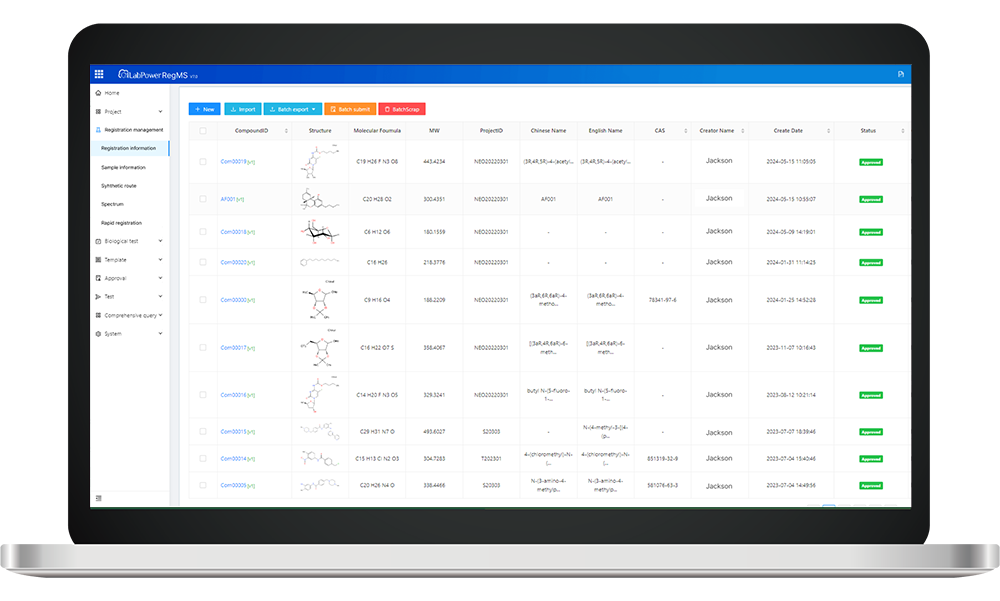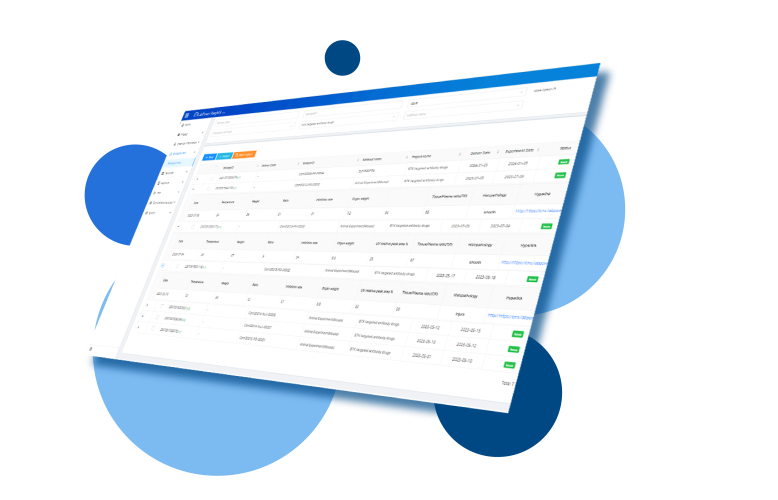
Did you know that over 7 billion people are registered in various biological databases worldwide? This staggering number highlights the importance and complexity of biological registration systems, which play a crucial role in our legal frameworks. These systems not only help track genetic information but also ensure compliance with laws and regulations governing intellectual property rights.
The Marvelous Features of Biological Registration Systems
Biological registration systems serve as essential tools for managing biological data while adhering to legal standards. They encompass a range of attributes, including accuracy, security, and accessibility. One fascinating aspect is their relationship with Intellectual Property Rights (IPR), where they safeguard innovations related to biotechnologies and genetic resources. By ensuring proper documentation and ownership claims, these systems contribute significantly to fostering innovation while protecting creators’ rights.
Diving Deeper into Antibody Registration Systems and Intellectual Property Rights

The antibody Registration system stands out as an exemplary model within the realm of IPR. It provides a structured approach for registering antibodies used in research or therapeutic applications. This system ensures that inventors can secure patents on their unique antibody creations, thus preventing unauthorized use by others. Furthermore, it promotes transparency by documenting all relevant details about each antibody’s development process—an essential factor when navigating patent disputes or licensing agreements.
A Closer Look at Neotrident’s Unique Characteristics in Intellectual Property Rights
- Comprehensive Database: Neotrident maintains an extensive database that catalogs various biologics under its protection.
- User-Friendly Interface: The platform offers intuitive navigation for users seeking to register their inventions easily.
- Sophisticated Security Measures: Advanced encryption techniques safeguard sensitive information against potential breaches.
- Collaborative Opportunities: Neotrident encourages partnerships among researchers through shared access to patented materials while respecting IP rights.
- Evolving Legal Frameworks: The system adapts continuously to changes in international IPR laws, ensuring compliance across jurisdictions.
A Joyful Conclusion: Embracing the Future of Biological Registration Systems
The journey through biological registration systems reveals how vital they are in upholding Intellectual Property Rights within biotechnology fields. By providing robust frameworks for securing patents on innovative products like antibodies—and exemplified by platforms such as Neotrident—we can celebrate creativity while safeguarding scientific advancements! Together we embrace this exciting future filled with possibilities!
